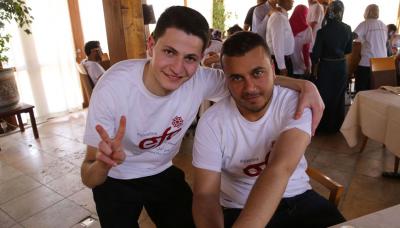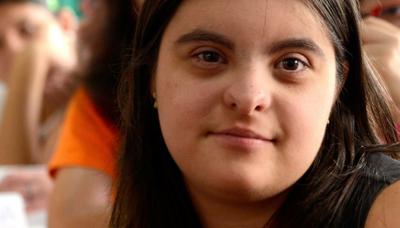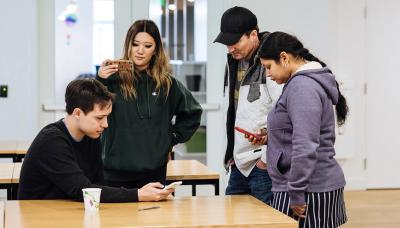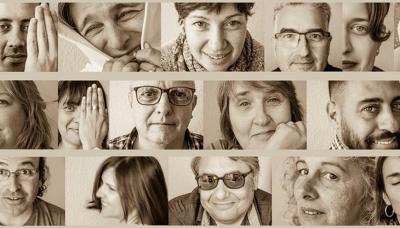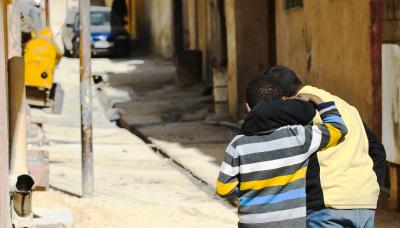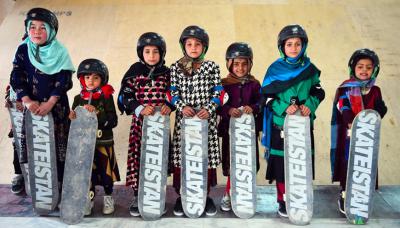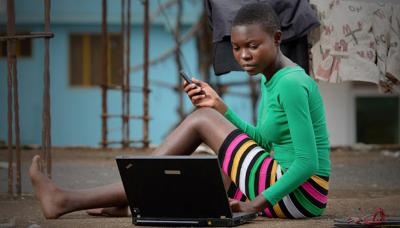In the wake of the crisis, rising youth unemployment has reached critical levels that demand urgent attention. Young people unemployed are an extremely diverse group of people that faces the same challenge from different standpoints. Lack of opportunity is influenced by their place of birth, of residence, their family, their social network, their education, the social or ethnic group, their health status…
Overall, the Accelerating Change for Social Inclusion project will focus on finding proven innovative solutions adressed to young people from 15 to 24 in all their differences, whether they are refugees and migrants or local youngsters, whether they have completed obligatory education or not, whether they have already entered the labour market without the skills to maintain their jobs and grow or not.


